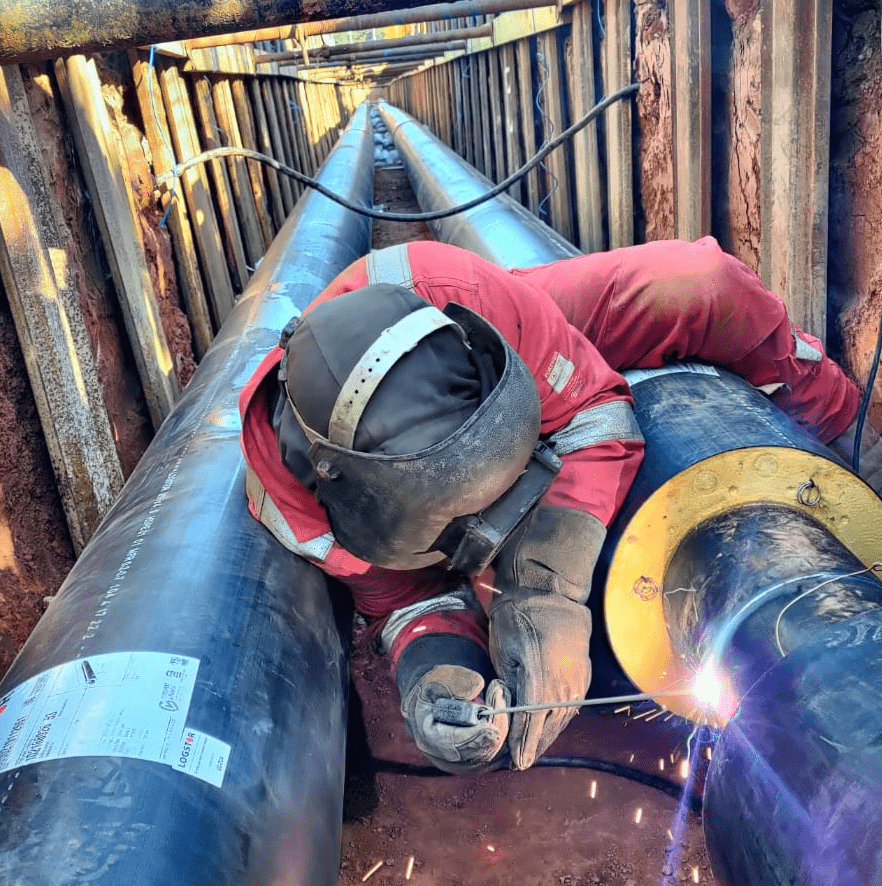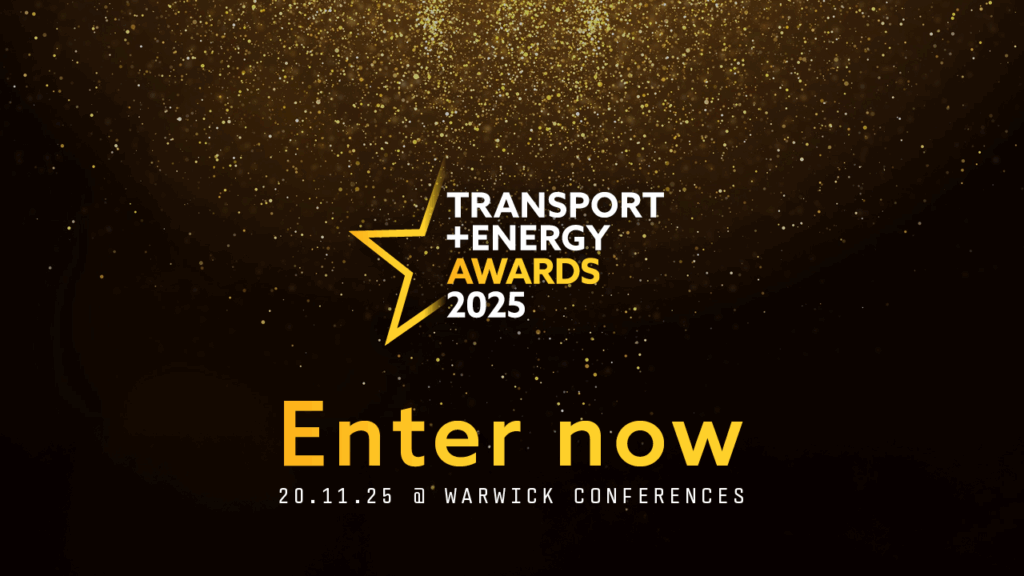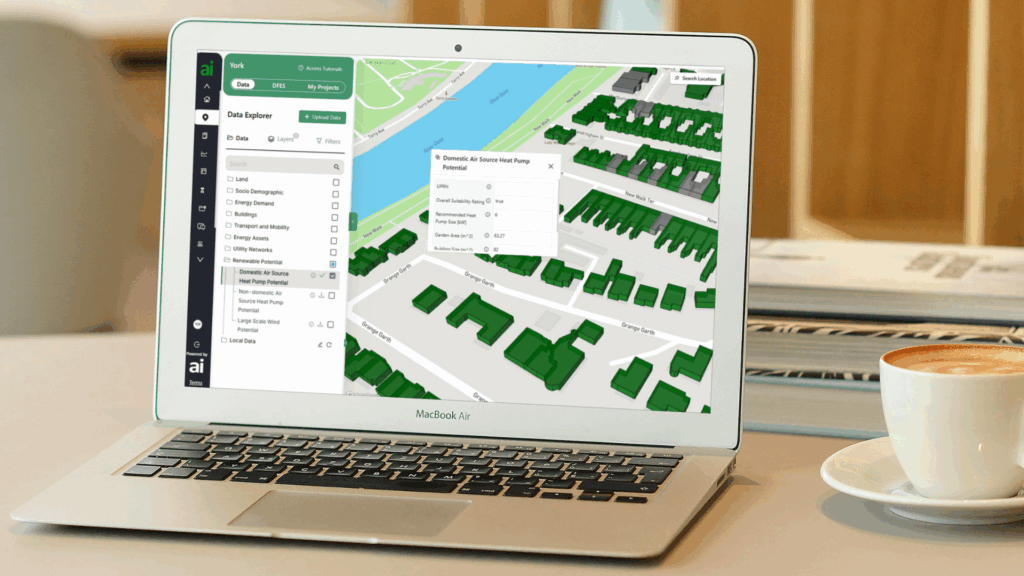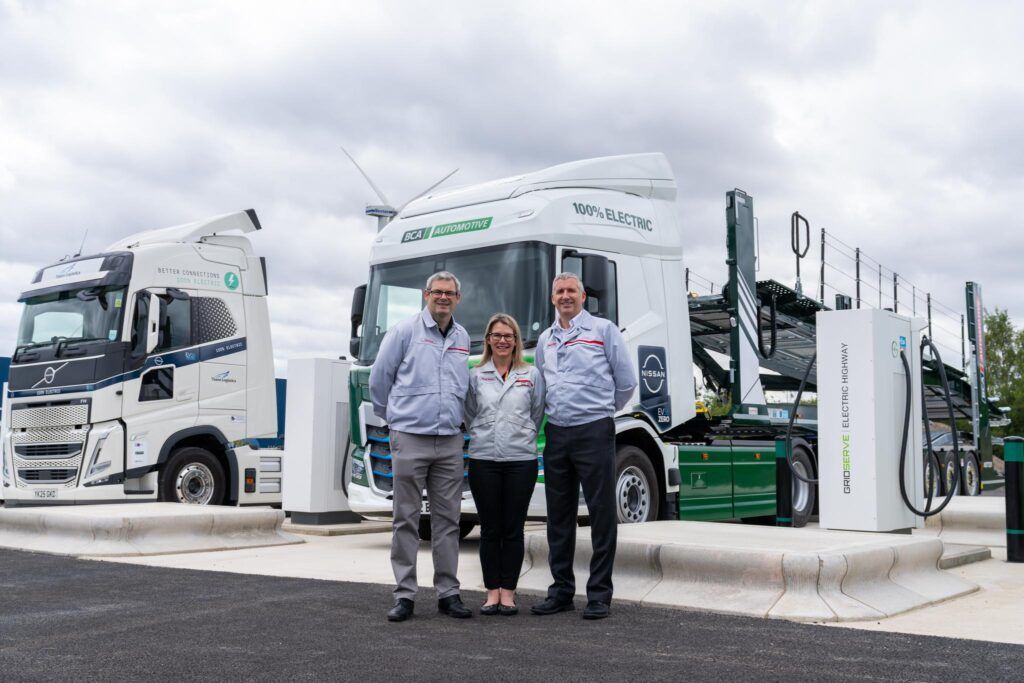London buildings are to be heated by a new low carbon heat network which is expected to create 500 jobs and save 75,000 tonnes of CO2 every year.
The South Westminster Area Network (SWAN) will become one of the UK’s first heat network zones, which are on average around 40% cheaper than building level heat pumps, it is claimed.
The scheme from the Department for Energy Security and Net Zero and Westminster City Council includes a joint venture between Hemiko and Vital Energi, and also partners with the London Heritage Quarter and AECOM. It plans to invest £100m within 3 years, £500m within 10 years, and £1bn by 2050.
The heat network will supply low carbon heating, sourced from within the local area, coming from sources such as the London Underground, the Thames, and the sewer network – or even down the river on barges.
Heat will be distributed through a network of underground, insulated pipes filled with hot water, with the zone stretching from around Victoria Station to Temple Underground Station and around St James’ Park.
Alongside jobs and carbon savings, it is expected that the investment will also improve local air quality by reducing nitrogen oxides emissions by 99%, and create 100 opportunities for UK businesses.
Businesses are being encouraged to register their interest in joining the network with construction of SWAN is due to start in 2026.
By 2050, it is expected most major towns and city will require district heat networks with £100bn of private investment and 290,000 new jobs in to realise the goal.
Miatta Fahnbulleh, Minister for Energy Consumers at the Department for Energy Security and Net Zero, said:
“Taking waste heat from the River Thames and London Underground to heat such iconic places as the Houses of Parliament and the National Gallery is a really exciting example of what lies ahead on our journey to low-cost, low-carbon heating.
“This project will help support hundreds of jobs and make bold new strides towards boosting our energy security, as one of seven heat network zones we’re backing with over £5million funding.”
Cllr Adam Hug, Leader of Westminster City Council, said:
“We know that the gas used to heat and power buildings is one of the biggest contributors to both carbon emissions and air pollution in Westminster. However, these new low-carbon district heat networks will tap into local waste heat sources, delivering clean and affordable energy to those who need it most.
“The SWAN project will be a crucial piece of our net zero carbon journey in Westminster, leading the way for others and showing what a positive clean energy future could look like.”
Toby Heysham, CEO of Hemiko and spokesperson for SWAN, said:
“Heat networks are the next big utility in the UK, and we are investing £1bn over the next 6 years into networks that will allow local people and businesses to make use of locally wasted heat. We strive to embed ourselves in the local community, understanding the pressures and opportunities in the area, and figuring out how we can help, such as bringing high-quality green jobs and supply chain opportunities.”
Nick Gosling, Chief Strategy Officer of Vital Energi and spokesperson for SWAN, said:
“By combining Hemiko’s investment capabilities with Vital Energi’s comprehensive expertise in designing, building, operating and owning energy infrastructure, the SWAN Partnership will deliver the first zonal scale heat network and demonstrate a model that other towns and cities will seek to replicate.”
Ruth Duston OBE, OC, CEO at London Heritage Quarter, said:
“By working with our partners to support implementing SWAN, we’re establishing an affordable, low-carbon energy network that will benefit communities and serve as a blueprint for towns and cities across the UK, helping shape a sustainable energy landscape for years to come.”
Channa Karunaratne, Head of Heat Networks at AECOM, said:
“The size and ambition of SWAN demonstrates how to drive decarbonisation at a city-scale, and it is a trailblazer for how our cities can operate more sustainability. Westminster is one of the most recognisable locations in the world and through SWAN, the political engine of the UK is going to be supplied almost entirely with low-carbon heat for the first time. ”
Image courtesy of the SWAN Partnership















